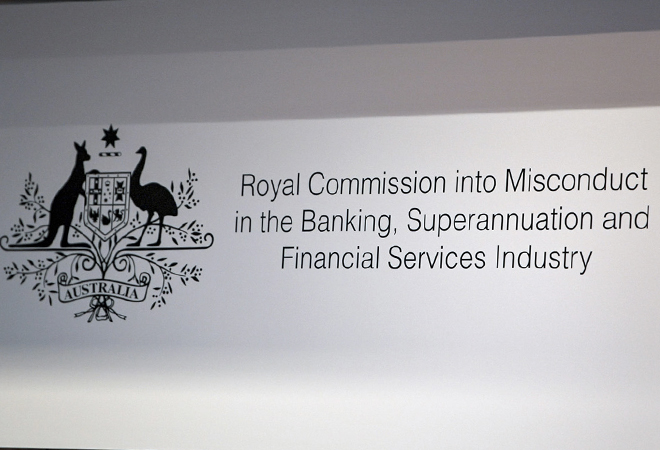Peter Strong, CEO of COSBOA (council of small business organisations Australia) suggests its time the Royal Commission turned its attention to superannuation and recommends a new way forward for small business owners…
The Banking Royal Commission has highlighted a range of issues for small business people. It has certainly highlighted that we are people, we are not small versions of big business with boards and experts to help us through a crisis.
We are individuals and families who are running businesses, employing people and being good members of the Australian community. But some have been let down by a system that has dehumanized process and communications.
COSBOA has been working with the banking sector, and our Small Business and Family Enterprise Ombudsman Kate Carnell, to make the system simpler and communications easier. The Royal Commission should give momentum to creating positive change for small business people. But at the same time, we must not create a system that makes it harder for a small business person to access the finance they need to function, grow and survive. The behaviour of the banks must be separated from the issue of access to finance.
The other area of great concern is superannuation. We have been concerned for many years with the nature of the collection process for superannuation and the behaviour of superannuation funds.
Currently, employers are required to collect and distribute the superannuation accrued by its employees. We believe the collection system is flawed and is open to corruption and abuse. For many years we have called for employers to be removed from the collection process and for superannuation to be included in PAYG payments made to the Australian Taxation Office (ATO) by employers. This would create many benefits for stakeholders in superannuation.
This would create greater certainty for employees on where their contributions are located.
It would give the owner of those funds greater say in where their retirement funds are invested.
It would save the superannuation funds substantial administration costs, this could be as much as one billion dollars a year.
Unclaimed funds would be managed by the government.
Non-payment of superannuation funds would not be a major problem as the ATO has a strong history of managing GST and PAYE payments.
Employers would no longer need to spend time on an activity that has no return for the business.
Strangely, we as a society do not trust employees to manage their own superannuation funds. We place the onus on the employer. Over 90 per cent of employers are small business people. So, we determine that we cannot trust employees with their own money and we place that demand on another individual. The only individual in the superannuation collection process who doesn’t get paid is the small business person. The only individual who can get fined is the small business person.
We do not compensate that small business employer for their time and effort yet we fine them if they do not do the superannuation industry’s work on time. We let the superannuation funds treat small business people like they are serfs and the funds are their feudal lords.
The funds do not get punished if they badger, scam or lie to these small business people. And they do scam small business people all the time. The funds often lose information as well which makes an employer’s job more difficult yet there is no regulation of funds and their approach to collection.
The Royal Commission will hopefully recommend that employers no longer collect superannuation and we can all focus on our business and let the owners of the funds work with the ATO to determine where to send their retirement savings.


